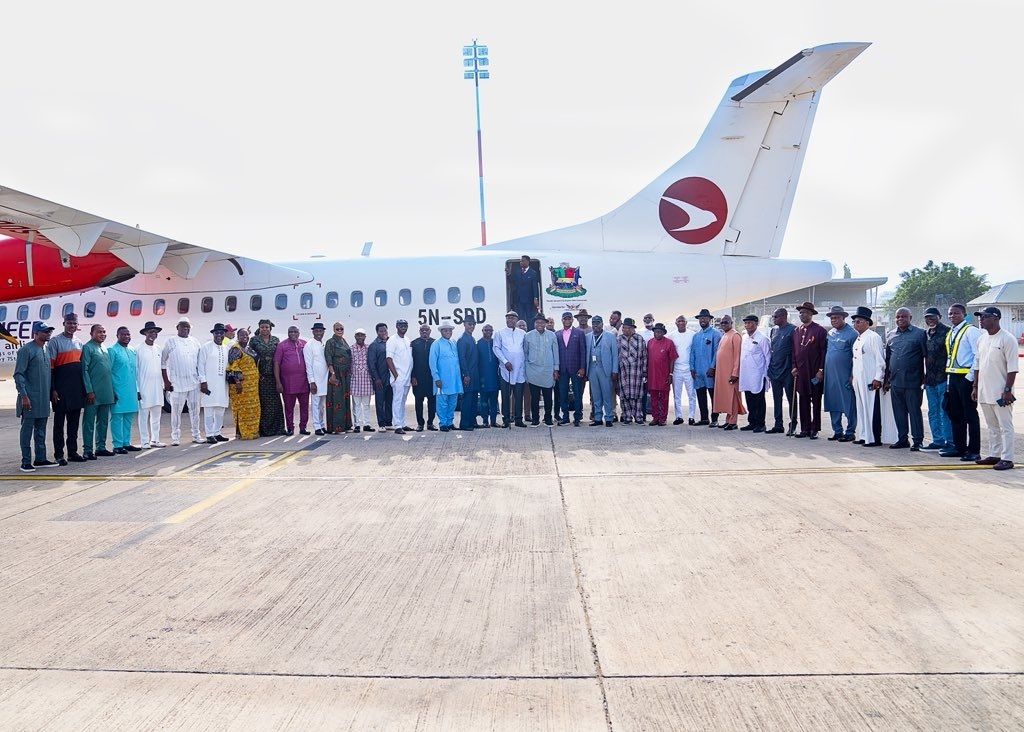
– Says 18m children out of school, offline
Funmi Ogundare
UNICEF yesterday warned that Nigeria is heading toward a major learning and digital crisis, as more than 18 million children are neither in school nor equipped with digital skills needed for the future workplace.
Speaking at a two-day Media Dialogue in Lagos, to support advocacy for Accelerated Digital Learning for Nigerian Youths organised by UNICEF in collaboration with the Oyo State Ministry of Information, the Chief Field Officer UNICEF Nigeria, Celine Lafoucrier, explained that acquiring digital skills is no longer a luxury, yet 80 per cent of Nigerians still lack basic digital literacy.
She noted that 10 million primary school pupils and 8 million junior secondary school students remain out of school, while 15 out of every 100 girls in the country are not in school, not in training and not employed.
Lafoucrier expressed concern that Nigeria is projected to have 126 million children and adolescents by 2030, the largest youth population in Africa.
“This can be our greatest strength or our biggest crisis,” she said. “The difference lies in whether we give them the skills to thrive and prepare them for the world they will face.”
She, however, noted that progress is being recorded. More than two million children and young people across 21 states, including about 300,000 in the South-west, are currently using the Nigerian Learning Passport. In addition, over 62,000 girls and women have completed digital skills training supported by UNICEF and its partners.
She commended the federal government for adopting the National Policy on Skills Development, describing it as a significant step toward preparing the next generation for digital and employment opportunities.
Lafoucrier emphasised the strategic role of the media in shaping conversations around digital inclusion, urging journalists to spotlight young people whose lives are being transformed through digital education.
“You can challenge the perception that technology belongs only to the privileged,” she said. “We must demand that leaders invest in what our children need to compete globally.”
According to her, the gender gap in technology remains wide, especially in marginalised communities, where girls often face additional cultural and economic barriers.
She encouraged journalists to amplify UNICEF’s advocacy efforts, hold policymakers accountable and push for a Nigeria where all children rich or poor, boys or girls, have equal access to digital opportunities.
“Tell girls and their parents that they too have the right to digital skills,” she said. “Together, we can build a Nigeria where every child is digitally ready and every adolescent is employable.”
Speaking with journalists, UNICEF Education Specialist, Babagana Aminu emphasised on the gaps in Nigeria’s digital readiness and the long-term risks of neglecting investments in school connectivity, teacher capacity, and technical skills for learners.
He stressed that teachers must leverage the digital tools already available to them instead of waiting endlessly for government provision.
According to him, many educators rely on personal devices to support classroom activities, a practice that, while not ideal, has become necessary due to funding gaps.
“Many of us use personal tools to do our work,” he said. “Instead of going back to our employers all the time, we sometimes use our own resources. But what matters is ensuring that technology is used the right way in the school setting.”
He also called on parents to support responsible digital exposure for their children.
“When you give children assignments, allow them to use digital devices, but guide them,” he said. “It’s not about banning devices. It’s about knowing the type of content they access and when they should use it.”
Aminu also called for stronger advocacy to pressure the government and Ministry of Education to prioritise digital infrastructure, saying the media plays a critical role in holding policymakers accountable.
“That’s why we are here,” he said. “We need to push government to ensure schools have adequate digital opportunities.”
The Deputy Director, Lagos State Universal Basic Education Board (LSUBEB), Mr. Daud Adekunle, expressed concern that unstable power supply and weak internet connectivity remain major threats to digital learning and education delivery in the state, particularly in hard-to-reach communities.
He stated that efforts to integrate digital tools and Artificial Intelligence into public schools are being constrained by infrastructural gaps, stressing that many schools located in remote areas are unable to fully access online learning resources.
According to him, “There are some areas described as hard-to-reach where the internet cannot get to, and that denies them the opportunity of thorough internet usage. This affects digital learning and limits students’ exposure.”
He added that irregular power supply further undermines the state’s push for technology-enabled education. “At times, power is not regular, and the use of solar power becomes necessary. But once nature or the environment does not support consistent solar energy, learners are denied that opportunity,” he noted


